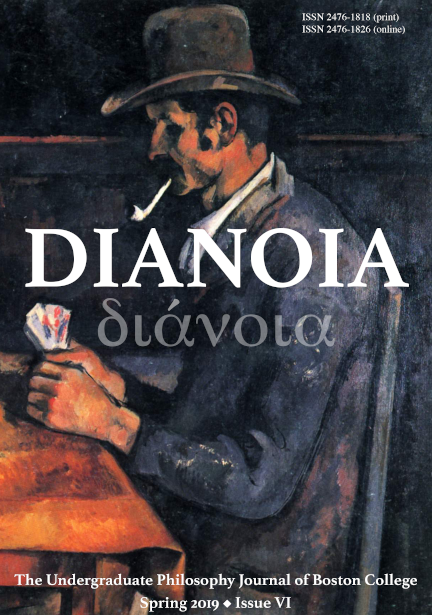Cognition, Domination and Complexity: A Speculative Outline of Intersections Between Cognitive Activity and Structures of Control, and their Relation to Dynamics of Complexity and Simplicity
DOI:
https://doi.org/10.6017/dupjbc.v6i1.11733Abstract
It’s a relatively common observation that the conquest of political regimes and the “promethean” expansion of human knowledge have important tendencies in common; both knowledge and political conquest are expressions of a “will to power.” This paper seeks to analyze what some of these specific tendencies are by using certain conceptual models as tools to carry out this analysis. But rather than focusing on the historical unfolding of this will to power, this paper attempts to analyze the way in which it is expressed at different ontological levels; specifically, at the levels of matter, cognition, and conceptualization, respectively. The aforementioned conceptual “models” used in this analysis are the Deleuzian concept of “stratification,” and a certain notion of “complexity,” which could also be understood as “organization.” Stratification is understood as the particular process that facilitates complexity and organization, while complexity is understood in terms of its capacity to produce higher-order “unities” or “simplicities.” The idea of this relation between complexity and simplicity is taken from complexity theory and chaos theory. Regarding the specific topic of political regimes, this paper uses Gilles Deleuze’s essay “Society of Control” as an example of how concepts themselves are an integral part of these regimes, in that they are not merely implemented, but, rather, are “incarnated” through them.
Downloads
Published
How to Cite
Issue
Section
License
Please navigate to the Copyright Notice page for more information.

